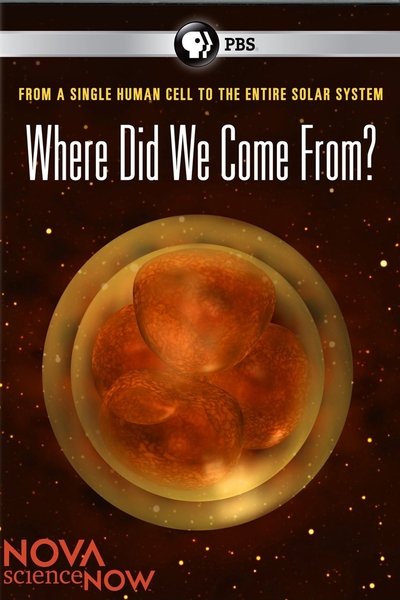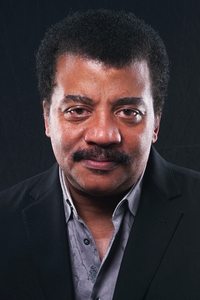Where Did We Come From?
Genres
Documentary
OverView
Host Neil deGrasse Tyson tackles one of science's major challenges in each segment of Where Did We Come From? He will guide us as he explores dramatic discoveries and the frontiers of research that connect each central, provocative mystery. Program includes: Revealing the Origins of Life; Origins of the Solar System; Lice and Human Evolution; and Profile: Andre Fenton
Others
Budget
$--
Revenue
$--
Status
Released
Original Language
English
Runtime
55 mins
Rating
0/10
Release Date
29 March 2011
Country

